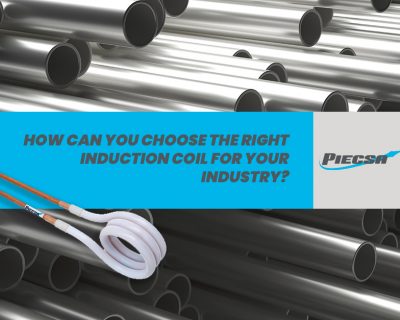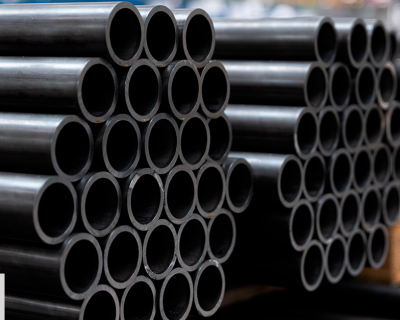Tube Mill Equipment in America
Using the right machinery for each process within a steel pipe production line is of vital importance to maintain a stable and unparalleled quality among our competitors and within the world of formed metal. Undoubtedly, many processes can be solved in creative ways, but specifically, in the steel pipe welding step, it is better to have the right machinery to ensure good quality and safety of the product produced since, in many cases, it is used for example, in constructions, something that requires that each of the materials ensure its good performance and have an incomparable quality. If a pipe fails, it could not only cause problems of leakage of various materials but also accidents with people working both in construction and in the finished building. Always try to use steel pipes of the best possible quality, which have production certificates, and maintain their quality for several years.
Tube mills are known for their particular process of transforming sheets of different types of steel and thicknesses into pipes. The steel sheets go through a rolling process where they are shaped into a tube, regardless of their thickness. Different finishes and styles, such as stampings, can be made in this process. If you want to know more about this process, we invite you to visit the rest of our blog articles by clicking here.
For each type of machinery, there is a wide range of supplies and consumables to ensure the quality of your production. At Piecsa, we handle a good variety of consumables to help you keep your steel pipe productions and welding processes in optimal conditions, ensuring high quality and stable performance.
In the following list, you will find a variety of consumables that we handle for the different types of steel pipe production processes. At Piecsa, you can find everything your industry needs in one place. If you are interested in acquiring new, pre-owned machinery or consumables for your pipe production, click here to speak to one of our specialists.
Impeders
We manufacture different types of impeders, each one adapting to the different types of manufacturing of each company.
TYPES OF IMPEDERS
CONTINUOUS FLOW Allow coolant to flow through the ferrite for cooling.
EXPOSED FERRITE Increases ferritic mass to improve welding efficiency
FLOW RETURN Coolant flows through the ferrite to cool it and returns through the inside of the tube
INTEGRATED MANDRIL Ensures tensile strength during processing
TYPES OF PIPES
The impeders can be manufactured, depending on the customer’s needs and the process, in 3 different types of materials.
EPOXIGLASS Good mechanical resistance
Withstands high voltages (20 kV/mm)
Withstands high temperatures (130 °C)
FERROGLASS Contains ferritic powder
Withstands high voltages (20 kV/mm)
Withstands high temperatures (130°C)
SILGLASS Withstands very high voltages (279 kV/mm)
Withstands very high temperatures (215°C)
Cutting Discs
We have a wide variety of High-Speed Steel (HSS) cut-off wheels for ferrous and non-ferrous materials, especially for cutting mild and semi-hard steel. We also handle Tungsten carbide tipped blades (TCT), specifically for cutting hard steel.
Ferrites
Ferrite rods are a formulation of manganese with zinc, which, in combination, have high permeability and high magnetic flux density saturation. We handle three models of ferrite rods for different types of impeders.
Fluted hollow ferrite (FHF)
Flat side ferrite (FSF)
Solid Fluted Ferrite (FF)
Coils
The coils for induction welding machines are made of pure copper tube and solder, which can be formed from 1 to 3 turns, and have two cooling lines welded at the ends to avoid overheating and deterioration of the coil, maximizing its efficiency during the process.
Our coils have several advantages, such as, for example, the extended lifetime that will allow you to make more parts in much more time. Also, we have a wide variety of sizes since we manufacture them with specialists, and our productions are always certified under ISO 9001, ASME, and approved by spectrometry tests.




